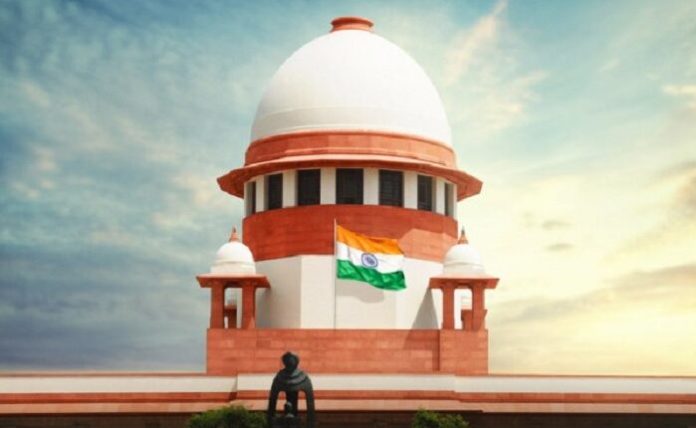NEW DELHI: In a stern message to the Uttar Pradesh government, Chief Justice of India Sanjiv Khanna criticised the alarming trend of transforming ordinary civil disputes into criminal cases. His remarks came while hearing an appeal filed by two individuals charged in a cheque bounce case, who also faced allegations of breach of trust, intimidation, and criminal conspiracy.
Justice Khanna stated, “Every day, civil suits are being converted into criminal cases. It is absurd. Disputes over civil issues cannot be treated as criminal offences. There is a complete breakdown of the rule of law in Uttar Pradesh. Converting a civil matter into a criminal case is unacceptable.”
The misuse of criminal law for fundamentally civil disputes—ranging from cheque bounce cases and contractual disagreements to property partitions and money recoveries—has become increasingly common. This practice, often used to pressurise the opposing party, reflects poorly on the legal environment under the Yogi Adityanath-led government, observers noted.
The remarks were made by a three-judge Bench headed by Justice Khanna, along with Justices Sanjay Kumar and K.V. Viswanathan, on April 7. The case involved Debu Singh and Deepak Singh, who appealed against the Allahabad High Court’s refusal to quash criminal charges filed against them.
While the Supreme Court stayed the criminal proceedings linked to the additional charges, it allowed the cheque bounce case to continue. Justice Khanna further suggested that the police officer responsible for the charge sheet must stand in the witness box and explain his actions during trial proceedings, emphasising that such misuse of criminal provisions cannot be tolerated.
“Let the investigating officer stand in the witness box and make out a case of crime. Let him learn his lesson. This is not how you file charge sheets. Strangely, these things are happening day in and day out in Uttar Pradesh. Lawyers have forgotten that there is a civil jurisdiction also,” said Justice Khanna.
The Apex Court directed the Director General of Police (DGP) and the investigating officer to submit affidavits within two weeks explaining the reasons for initiating criminal proceedings in what was clearly a civil dispute. The matter is scheduled for hearing again on May 5.
Often in such cases, complainants allege that the other party had dishonest intentions from the outset, thus justifying criminal charges under Section 420 (cheating) of the Indian Penal Code, now Section 318 of the Bharatiya Nyaya Sanhita (BNS). Legal experts argue that this approach is commonly used because of the sluggish pace of civil litigation.
With more than 1.08 crore civil cases pending in District Courts and over 68% pending for more than a year, many find civil remedies ineffective. In contrast, criminal proceedings are often used as a tool for quicker settlements by registering FIRs with the help of police influence or incentives.
The court also recalled earlier judgments cautioning against cloaking civil disputes as criminal matters. It reiterated that criminal courts must exercise extreme caution before proceeding in such cases.
As a corrective step, the Supreme Court encouraged frequent use of Section 250 of the Criminal Procedure Code—providing for compensation in cases of malicious prosecution—to discourage frivolous criminal complaints.
The court’s sharp observations have increased expectations that pressure will mount on the Uttar Pradesh government to ensure the rule of law and protect marginalised and underprivileged communities from being victimised by the misuse of criminal procedures.




